WASHINGTON, D.C. — As the District continues to grapple with an affordable housing crisis, a proposed overhaul to rental regulations has stirred sharp debate across the city. Mayor Muriel Bowser’s new rental act, currently under consideration, is drawing praise from developers and investors—but strong criticism from tenant advocates and city councilmembers who fear it could strip thousands of residents of vital housing protections.
At the center of the controversy is proposed reform to the Tenant Opportunity to Purchase Assistance program, or TOPA. Established over four decades ago, TOPA gives tenants the right to collectively purchase their rental property before a landlord can sell it to a third party or issue eviction notices.
Under the mayor’s proposal, access to TOPA would be restricted based on tenants’ income and legal standing—a shift critics argue would disproportionately hurt lower-income households.
Advocates Warn of Widespread Displacement
Opponents of the rental act say the changes could impact up to 70,000 households, reducing tenants’ ability to challenge negligent landlords or organize to preserve their housing.
“There is an attack on the Tenant Opportunity to Purchase Act,” said Councilwoman Brianne Nadeau, a vocal critic of the proposal. “This law has been on the books for 45 years and has helped tens of thousands of tenants remain in their homes. Weakening it would take away renters’ best line of defense.”
Tenant rights groups share this concern, arguing that many renters lack the legal knowledge or resources to push back against landlords without the collective protections that TOPA provides.
Supporters Say Reform Will Boost Investment
Supporters of the rental act, however, see it as a necessary modernization of outdated regulation. They argue that the city needs to attract fresh capital to spur housing development and improve existing properties.
Among those backing the proposal is Liz DeBarros, CEO of the District of Columbia Building Industry Association. DeBarros spoke to 7News after a packed public hearing attended by real estate investors and developers in support of the act.
“We’ve had a lot of regulations over the years, and TOPA is one of them that hasn’t been updated in a long time,” DeBarros said. “Modernizing it creates a more welcoming environment for investment and ensures developers can move forward without excessive delays.”
Developers argue that the current version of TOPA can result in drawn-out negotiations and stalled projects—making it harder to bring new housing units to the market in a timely manner.
Council Split as Housing Crisis Deepens
While the mayor and development community argue that updating TOPA will improve the city’s overall housing landscape, councilmembers and housing advocates remain skeptical. They fear that reducing tenant protections in the name of efficiency will only worsen displacement and inequality, particularly in historically marginalized neighborhoods.
“There are predatory actors in the housing market,” said one councilmember during the hearing. “If tenants don’t know their rights—or worse, if they no longer have them—we are opening the door to exploitation.”
The debate underscores a broader tension in D.C.’s housing policy: balancing private investment and development with tenant protection and affordability. With rents rising and eviction rates climbing post-pandemic, many residents fear that changing TOPA could leave them with few options if landlords choose to sell.
What’s Next?
As the mayor’s rental act continues through the legislative process, both sides are preparing for what could be a high-stakes vote. Tenant advocacy groups have already begun organizing public campaigns, while developers and real estate associations are lobbying councilmembers to support reform.
For now, the city remains at a crossroads—between long-standing tenant rights and the push to bring in new housing investment. The future of TOPA, and what protections renters can expect in the years ahead, may soon be decided.

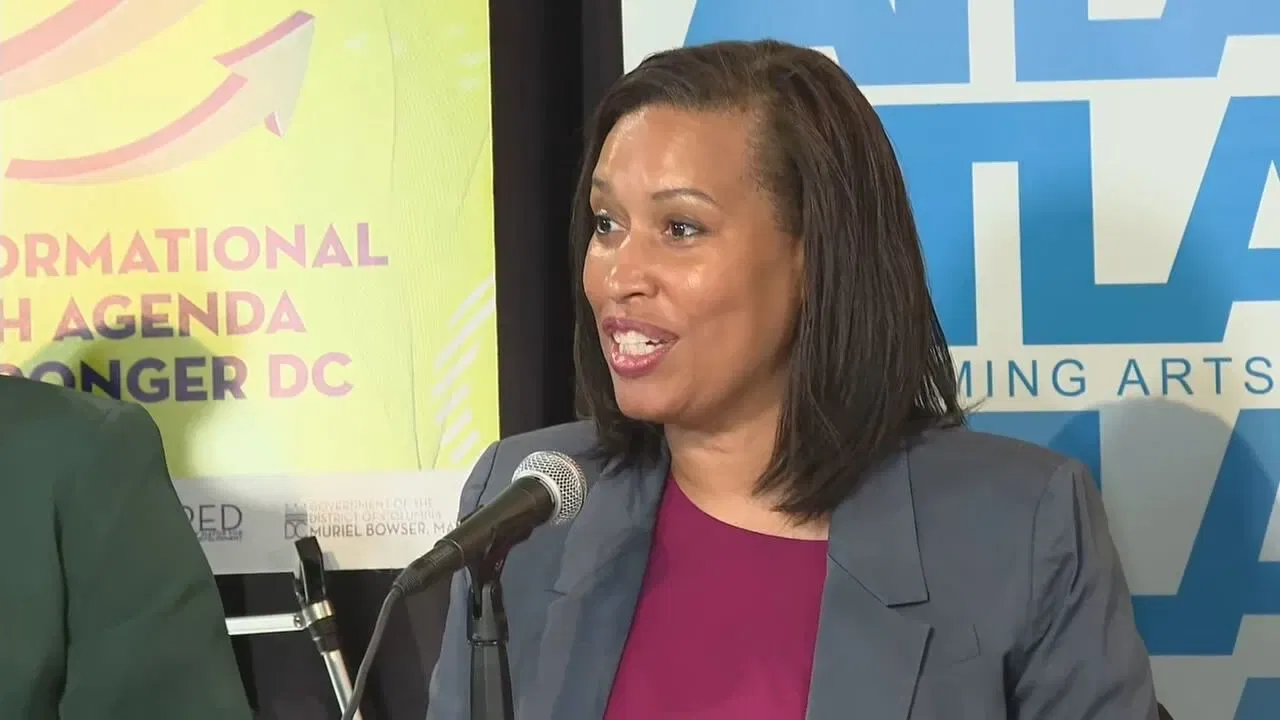


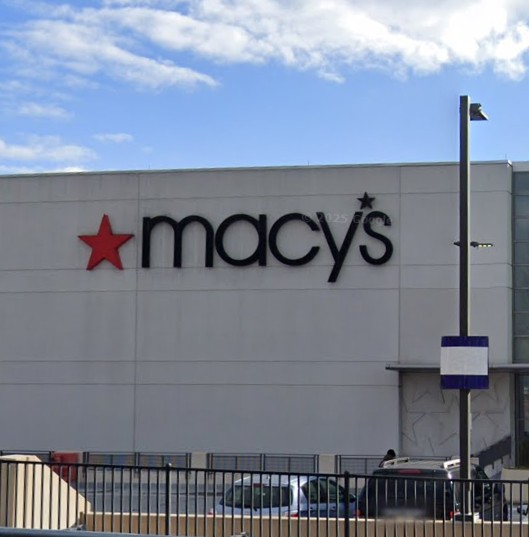
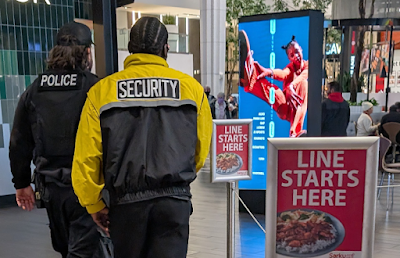




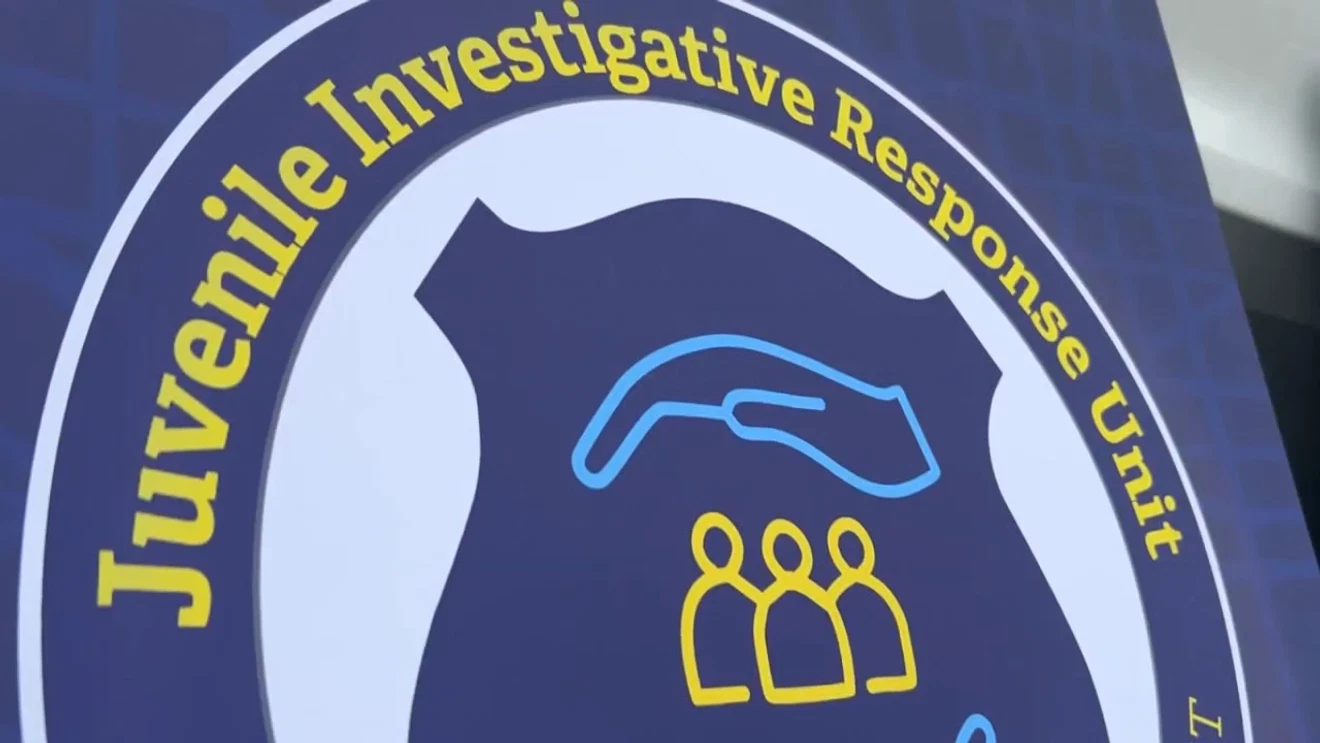
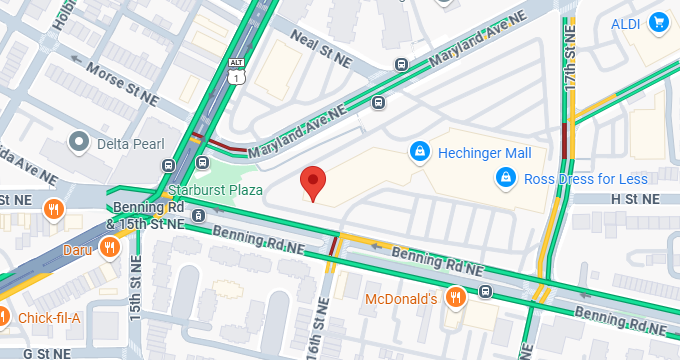

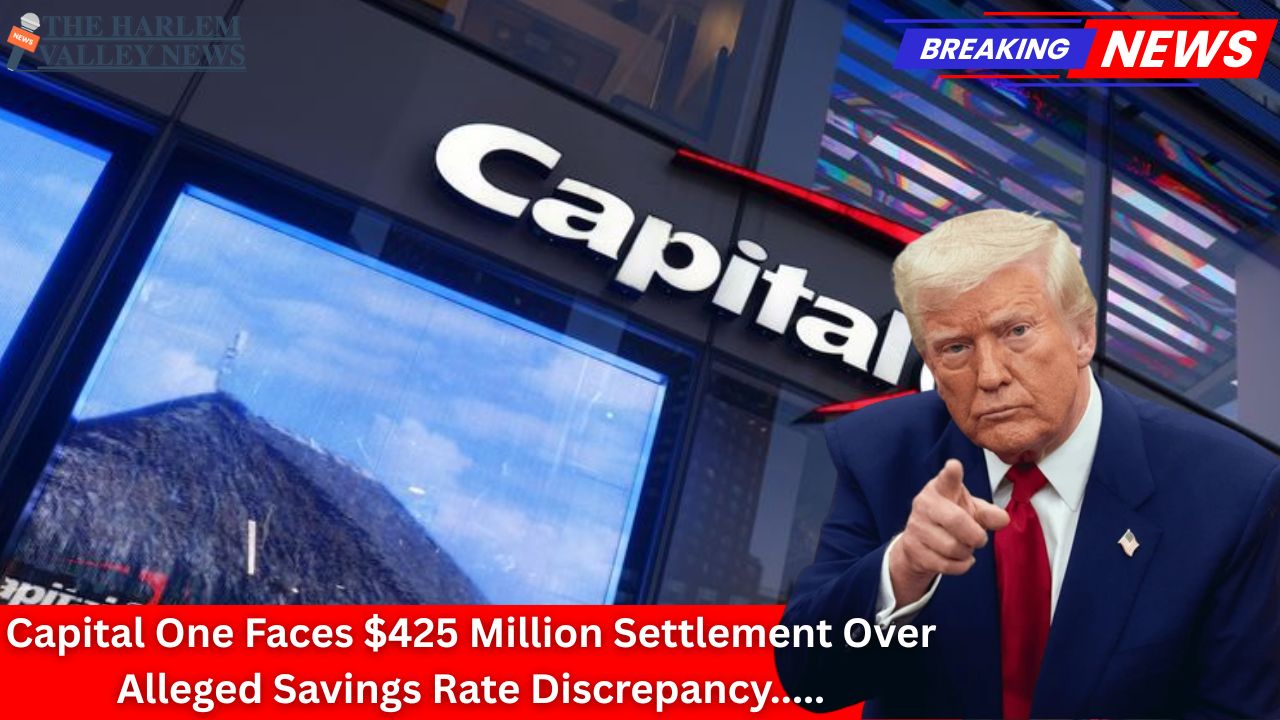


Leave a Reply